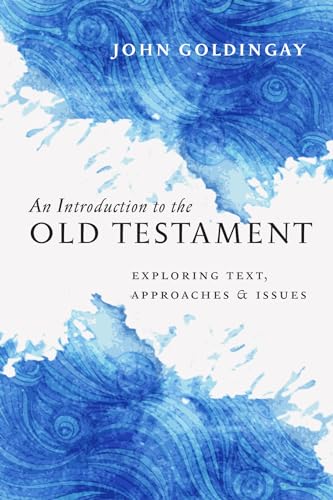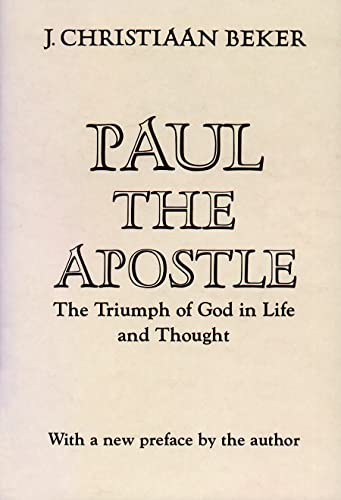Anyone who has had cause to study the eucharist in the New Testament will be aware that there are numerous problems associated with that subject. What, for example, are we to make of the different accounts of the institution of the Lord’s supper in the Synoptics and in 1 Corinthians? What kind of meal was the last supper? How do you explain the fact that John appears to portray the passover as the day of the crucifixion, whereas the Synoptics seem to have the last supper being a passover meal? Why, further, does John make no mention of the last supper in his gospel? What is Paul getting at when he speaks about ‘unworthy participation’ in the Lord’s supper? Does a coherent and consistent theology of the Lord’s supper emerge from the New Testament evidence?
Prof. Marshall here presents us with a magisterial survey of these and other issues related to both last and Lord’s suppers. With the clarity in summarizing others’ views to which we have become accustomed through his other works he pinpoints the strengths and weaknesses of each position under consideration, and the reader goes away with a feeling that he may now have a chance of making sense of the morass of literature on the subject of the eucharist in the New Testament. In other words, this is a splendid book to place into the hands of a theological student tackling any, or all, of the questions outlined above, and will serve as an admirable introduction to the whole area.
Prof. Marshall begins his book with a survey of religious meals in the ancient world, covering Judaism (including discussion of the passover and Qumran) and pagan sources, and coming to the conclusion that the Jewish background is the more relevant to the origins of the Lord’s supper. He then turns to the vexed question of the several accounts in the New Testament of the last supper, and discusses the issues of the original wording used by Jesus (favouring the Lucan/Pauline over against the Markan/Matthean), and the interpretative sayings spoken. Within the discussion are some valuable points about the handling of criteria of authenticity, for example on the question of the presence of Semitisms he sounds a useful warning against too readily accepting something as authentic on the basis of their presence alone. The discussion turns next to the nature of the last supper. After setting out paschal connections in the narratives and the problems with the paschal link with great clarity, Prof. Marshall surveys the various theories about how the data are to be explained, favouring the view of Billerbeck, that calendrical differences amongst the Jews made it possible for Jesus to hold a Passover meal a day earlier than the official date. He appears to show no knowledge, to my surprise, of the view championed by Dick France (in The Man They Crucified (London: IVP, 1975), p. 136, n. 4), that Mark is using a Jewish way of reckoning days, and that the chronology can be explained this way, a view which, to my mind, does more justice to the evidence.
Having dealt with the nuts and bolts critical questions, the book turns to the questions of the theology of the Lord’s supper in the New Testament. The significance of the last supper is surveyed, trying to sort out its significance in the mind of Jesus, and then in each of the Synoptics in turn, where the material on Luke (as is to be expected) is especially good. The question of the early church’s understanding of the Lord’s supper then comes under discussion, and a superb discussion of the Corinthian material (with the one query that Prof. Marshall appears a little ill at ease with physical punishment for unworthy participation, p. 115) leads on to an examination of the material in Acts concerning the ‘breaking of bread’, in which the substantial historicity of the Acts material is argued convincingly. The chapter closes with a look at John’s lack of an account of the institution and the evidence of Hebrews. A conclusion summarises the results of the study, and closes by suggesting a series of theses for the conduct of the Lord’s supper today, which partially demonstrate that Prof. Marshall is a New Testament scholar, and not a liturgist! Nevertheless, they bear much thought for our practice, if the modern church is to be ecclesia semper reformanda.
I found only a few small errors in the text, the two most serious being on p. 57, where the reference to John’s statement about the day of preparation surely ought to be 19:31, and not 19:24, and p. 154, where, about half way down, the sentence surely ought to read ‘… and so protect participants from the dangers of apostasy and final loss of salvation’ (rather than ‘… and find loss of salvation’).
In conclusion, the impression ought not to be given that this book is purely academic, for much of Prof. Marshall’s comments upon the theological aspects of the issues discussed provides much food for thought for the pastor or the intelligent layperson on their own conduct and treatment of the Lord’s supper. This book may be whole-heartedly recommended for students, academics and pastors alike, and deserves to have a wide circulation.
Steve Walton
Steve Walton
Trinity College
Bristol, England, UK






